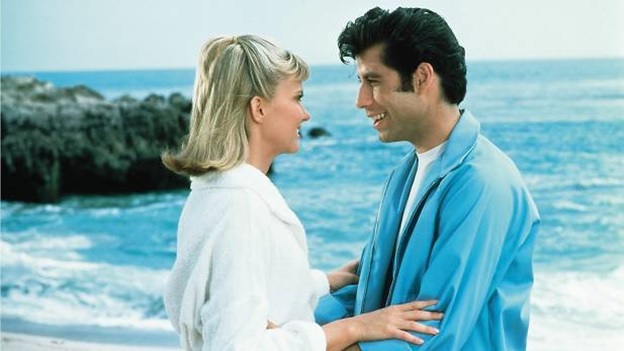Summer! It’s finally here. After long, cold dark nights the season that most people look forward to has started. Today I want to have a closer look at the meaning of this popular season. Is it hyped up by most people? Or is it truly one of the most magical times of the year? Here, in the Netherlands, people have a tendency to complain about the weather and how bad it is. It’s one of the “go-to” topics when engaging in small talk. It’s almost as if we have a collective hate towards rain and cold temperatures. So when summer arrives with its higher temperatures our society looks a bit friendlier because there is no need to complain anymore. We gradually start wearing less clothes and our carefree spirit gets shown to the world. There are festivals everywhere, random spontaneous barbeque gatherings and children splashing in their tiny swimming pools.
For a big part of my life I’ve lived in countries where we did not have four distinct seasons; it was just constantly summer. In the winter the temperatures would drop slightly, but that would be it! When I moved back to the Netherlands I observed how the different seasons affected the people around me—apparent things like changing clothes were obvious, but a change in attitude was also something that I noticed. Is a switch from one season to the other all it takes to temporarily transform our regular society into an almost utopian place where almost everybody is happy? The answer to this is hard to find out. We only have small pieces of evidence such as noticing small changes in the way people interact with us or the existence of Seasonal Affective Disorders (SAD for short, ironically). My aim is not to answer this question, but to explore the meaning of summer and how it affects us.
First of all, spring is traditionally seen as the start of new things. In this season flowers bloom and some animals come out of their hibernation. But summer is oftentimes also seen as the time where new and exciting things happen. Schools are closed in the summer and children have more free time on their hands to do what they want to. In literature (and other forms of art in general) summer is often used as a symbol for youth and innocence. In William Wordsworth’s poem I Wandered Lonely as a Cloud for example, the speaker talks about the blissful feeling of witnessing the beauty of a full field of daffodils. I can’t help but think of summer every time I stumble upon this poem because of the mention of plentiful nature and the feeling of bliss (which is characteristic of 18th century literature) that is conveyed in this poem. Another very popular piece of literature that takes place in this season is A Midsummer Night’s Dream. In this play the feeling of bliss is perhaps not as strong, but other passionate feelings, such as love and lust, are. Although Shakespeare’s plays and Wordsworth’s poems were written a long time ago, we can still see their summer symbolism present in contemporary movies and literature. The well-known song Summer Lovin’ from Grease, for example, also explores the idea that intense love and lust happen during the summer, but that they ‘die out’ after the summer (although we all know that Sandy and Danny eventually get back together). So what does this all mean to you? It’s hard to come to a conclusion on what summer means. This is mainly because the meaning is subjective and different depending on whom you ask. For some it might be a two month period full of fun activities and no responsibilities while for others it’s just another season at the office.

